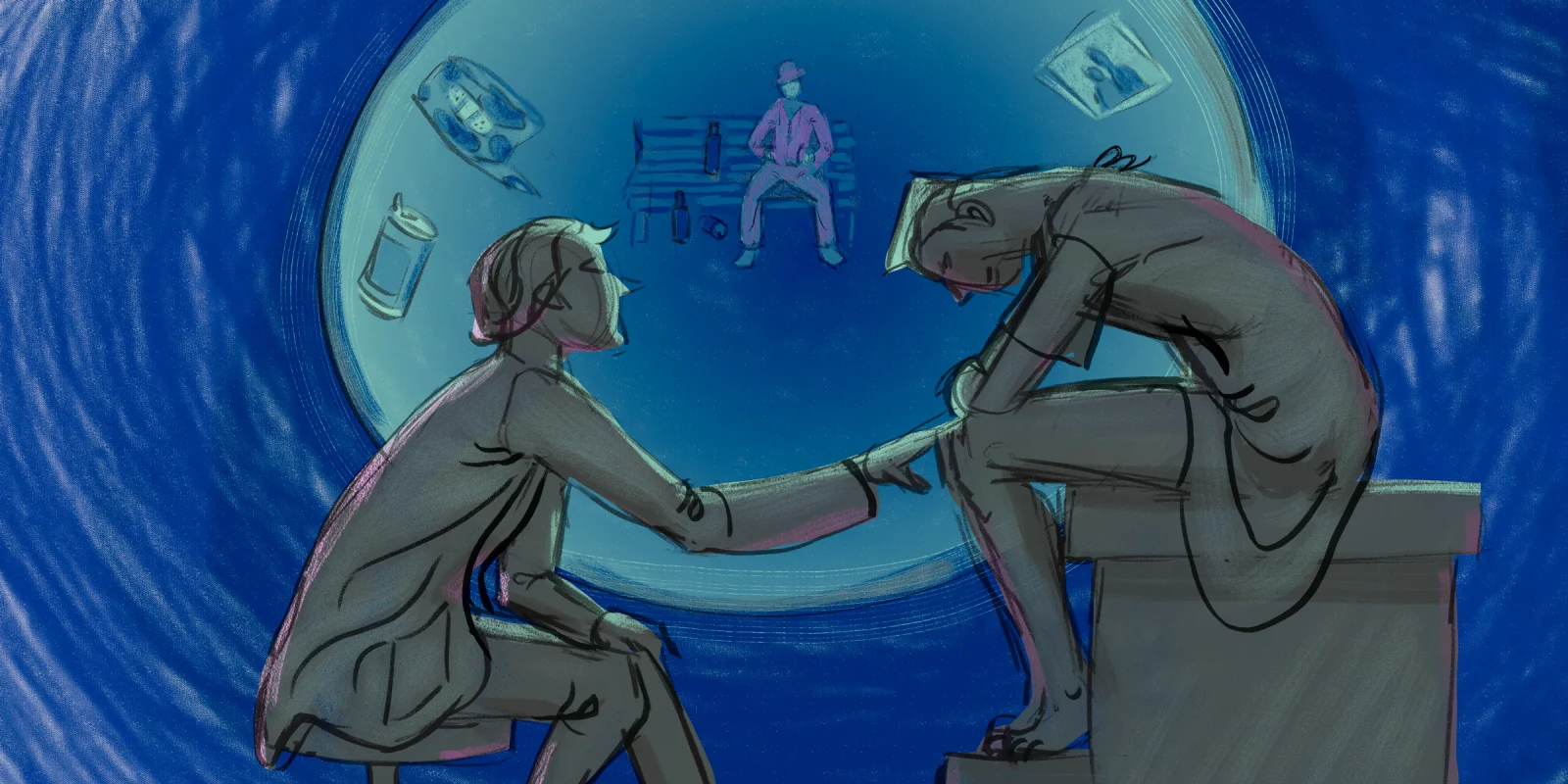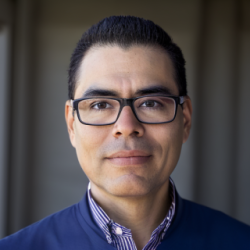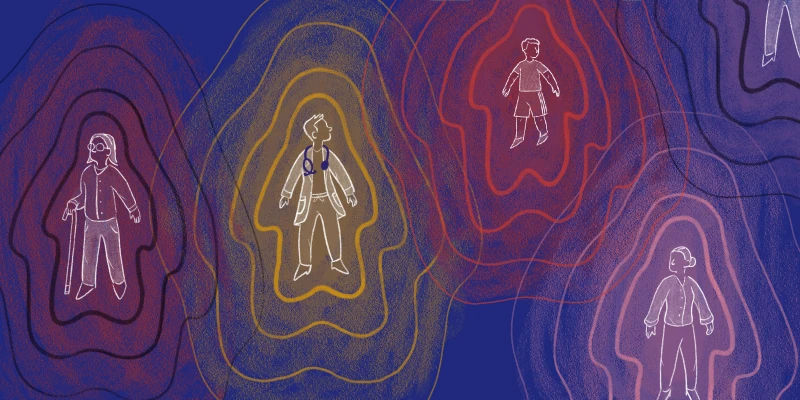She didn’t know me, but she had anticipated my phone call for a very long time. I could hear it in the tone of her voice.
“Ma’am, my name is Dr. Wiseman and I’m a surgical fellow in Baltimore. I can hear that you’re driving; can I ask you to pull over, please? I have important news for you.”
These sorts of phone calls had become rather routine for me in my time as a surgical critical care fellow at a busy trauma center. Injuries are never planned, and a key element of my education was learning the art of cold calling family members and loved ones at all hours of the day and night, often to deliver devastating news. I had grown accustomed to the shock of these encounters, with their eruptions of raw emotion and desperate moments of stunned silence as I searched for the right words to say that might provide comfort. This call was different though. There was an eerie calmness, almost a surrender, as though there was nothing I could say that would come as a surprise to the woman on the other end of the line.
I was calling to tell her that her husband had been in a horrific car accident the evening before. Most of the bones in his face were badly broken, such that he’d needed a breathing tube placed in our trauma bay and would be requiring a tracheostomy and lengthy operation later that day.
“Let me call my work to tell them I won’t be in today. I’ll be at the hospital in 30 minutes.” This was all the reply she could manage in that moment.
I would get to know this woman, her husband, and her teenage children well over the coming weeks he spent in the ICU. I never told any of them that he had arrived with the highest blood alcohol level I had ever personally witnessed. I suspect that I didn’t need to. Nobody involved in this story seemed to have any confusion about what had caused this accident.
Addiction is a family disease. For every addict, there is a web of humanity profoundly impacted by their seemingly hopeless state. From parents, to partners, to progeny, the effects of substance dependence and abuse wreak havoc on the lives of an endless number of individuals with both direct and indirect investments in those afflicted. Suffering for the patient looks like isolation, lost potential, a vast array of medical problems, injuries, and sometimes even death. For collaterals, the suffering takes the form of financial devastation, sleepless nights, and unimaginable psychological pain. Any efforts at treating those with addiction without addressing their social circles is woefully inadequate. I have learned that this begins with compassion for both.
I can’t say that I am confident this patient had hit his “bottom” as a result of this accident and its aftermath — that state of affairs where the pain of continuing to live as one is living is greater than the pain of giving up an addiction. He had been offered inpatient substance abuse rehabilitation after discharge but refused, stating that he would “look into Alcoholics Anonymous.” His wife, who had remained steadfastly by his side from the moment I had called her several weeks before, looked somewhat skeptical. I had never asked, but I got the impression that she had been dealing with her husband’s illness for some time, and I’m not sure she was all that optimistic that things were going to be different for her family.
I have come to see my role as a trauma surgeon as so much bigger than my ability to sew broken bodies back together. If I’m doing my job effectively, I’m addressing the effects of the disease on the whole person: mind, body, and spirit. On the other hand, doing my job well requires that I recognize the entire disease and its impact on the wider community surrounding each patient.
The truth is that I don’t know how to bring about my holistic vision of healing in this respect, but I’m confident that I’ll know what it looks like when we get there.
James Wiseman MD, MBA, FACS is a surgeon and faculty member at the University of Maryland in the division of Trauma and Surgical Critical Care. He also serves as an officer in the United States Air Force reserves, and lives with his family in Baltimore, MD.
Illustration by Jennifer Bogartz







